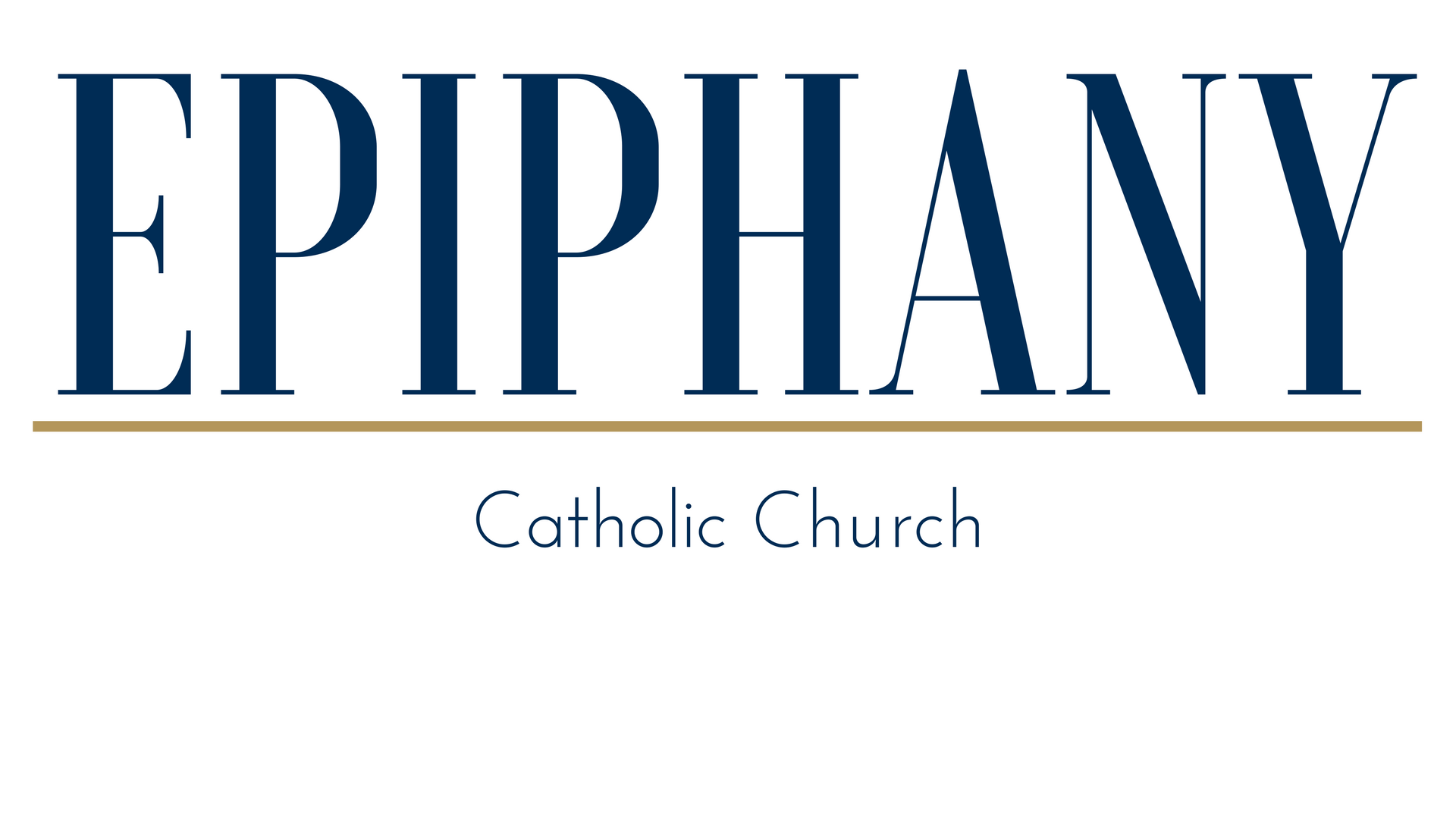He Leaves the 99
Perhaps you have seen arguments between pro-life folks who prioritize their work against abortion and pro-life folks who suggest that many other issues demand a similar degree of urgency. Sometimes you’ll encounter the argument that the sheer number of abortions performed in this country every year requires us to weight abortion more heavily than any other issue.
It is indeed a sobering number: 862,000 per year according to recent data from the Guttmacher Institute. That’s 862,000 unique and unrepeatable lives snuffed out. It is a state of affairs that cries out for justice.
It is not, however, the number of abortions that renders the situation unjust. If our gospel mandate were to focus on numbers, if we were merely charged with saving the maximum number of lives, we would need to throw just as much of our political will behind ending cardiovascular disease. After all, according to CDC statistics, as many people die in the US from cardiovascular disease every year as from abortion.
Notably, though, Our Lord did not say, “The Kingdom of God is like an accounting firm, in which numbers reign supreme.” He did not say, “If a man owns a hundred sheep and one of them wanders away, he had better focus on keeping the 99 alive because 99 is a larger number than one.” Instead he told us repeatedly and urgently, with his parables and his miracles, that we are called to seek out the suffering individual. We are called to share the good news and to alleviate the suffering, one person at a time.
Within the pro-life movement we feel this calculus intuitively: consider the nationwide furor about infanticide laws over the past year. If you’ve been around the pro-life movement for a while, you will recall the urgent calls to ban the grotesque D&X procedure. We have fought these battles fiercely despite the small number of cases involved.
In the same way, let’s avoid overemphasizing mere numbers in determining how to weight issues of human life and dignity. When the bishops recently affirmed in the newest version of Forming Consciences for Faithful Citizenship that abortion is the preeminent pro-life issue, they first emphasized the nature and context of the sin: its destruction of life, within the setting of the family. “[The] culture of life,” the document states, “begins with the preeminent obligation to protect innocent life from direct attack and extends to defending life whenever it is threatened or diminished.” A consistent pro-life stance unequivocally affirms the value of a gestating baby’s life and works to protect the unborn. At the same time, it sees the suffering of the children at the southern border separated from their families, the prisoners on death row awaiting a morally inadmissible end to their lives, Syrians and Yemenis whose ravaged countries cannot offer them the justice they are due.
The blog Where Peter Is recently published two posts on the importance of a consistent life ethic for Catholics. The first, written by a Portuguese contributor, asserts that the “seamless garment” perspective is the authentically Catholic position; the second, written by an American, adds some additional context for Americans to consider in our unique and highly polarized political landscape. Whatever your preferred mode of pro-life action may be, they will offer you valuable food for thought.
This public-domain image of Christ as the Good Shepherd is from a third-century catacomb.

